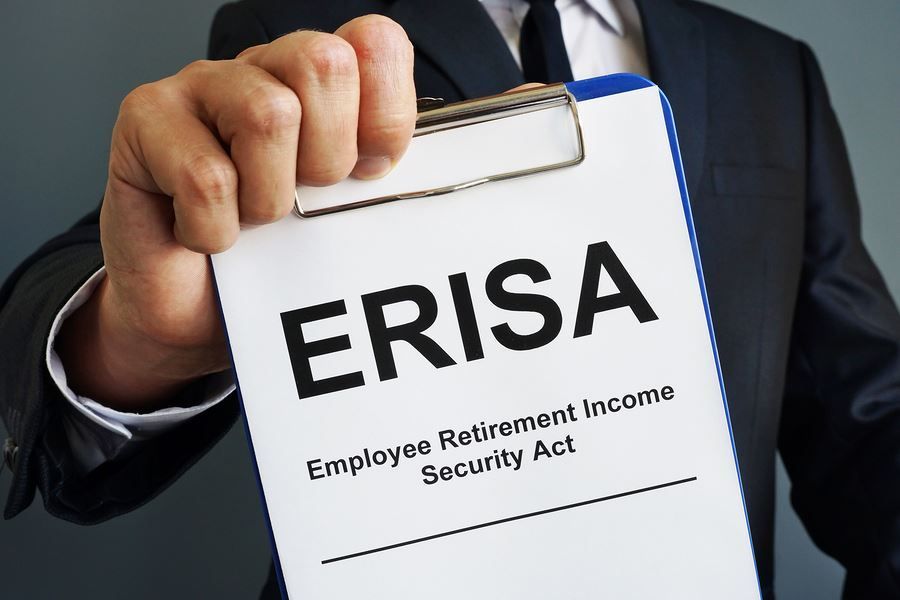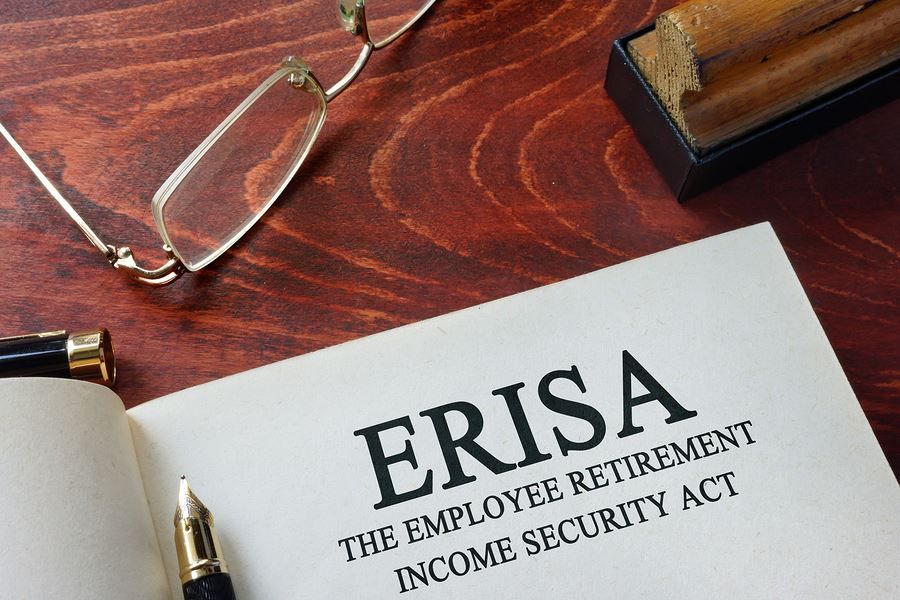Discovery is tedious, monotonous, boring, repetitive, time consuming and unexciting. Nevertheless, most victories at trial or good settlements depend on the quality of the discovery that takes place before. Plaintiffs’ firms are usually much smaller and have fewer resources than defense firms. Therefore, from a plaintiff’s perspective, much discovery is defensive-fending off the massive discovery requests. Plaintiff’s, however, are increasingly using discovery in a cost-effective and offensive manner.
For example, let’s say you file multiple claims in different cases or jurisdictions against the same corporate defendant. These often involve essentially the same or similar allegations. Thus, it makes little sense to depose the same witnesses over and over again.
Likewise, where internal company documents are an important part of the litigation, it makes no sense to have to separately depose the custodian of records repeatedly in order to establish authenticity.
In addition, many businesses face mergers and acquisitions. Unfortunately, this means litigants increasingly find that the company they thought they were suing has been acquired, merged with or sold to another entity. Often key officers and managers that were part of company number one, continue in their role with companies two or three. Attorneys may try to hide the ball on this issue. This is especially true if they are aware that a predecessor corporation or individual managing agents may have previously made damaging admissions.
Insurance Companies
The admissibility of deposition testimony obtained in other cases depends on a number of factors. Sometimes the evidence is sought to be admitted on direct. Other times it will be on cross. In other situations, an expert witness may refer it (as constituting a basis for the expert’s opinions and conclusions). The rules differ for all of these situations. We are limiting the scope of this discussion to the use of documents and prior deposition testimony as part of your case in chief on direct examination.
On direct, your first task will be to demonstrate to the Court that the evidence is relevant. In Federal Court, under FRE 401, relevant evidence is defined as having a “tendency to make the existence of any fact . . . of consequence . . . more probable or less probable then it would be without the evidence.” Under the State Rules (Ev.Code 210) proffered evidence is relevant if in the light of logic, reason, experience, or common sense it has a tendency to prove or disprove a disputed fact. Bear in mind that the relevance standard is a very broad and juries are instructed only to give the evidence the weight they consider appropriate.
Assuming that the evidence is relevant, the Court will then address whether there is a sufficient identity of parties and issues between the past and present actions. See Fed. R. Civ. P. Rule 32. Opposing counsel may claim that since the new merged company was not a party to the prior case, there is insufficient identity of parties for admitting the prior deposition. Judges have great discretion under both Federal and State rules and most judges will see such an argument as a poor attempt at obfuscation and reject the defense’s argument.
The next part of the Court’s inquiry will focus on the circumstances surrounding the deposition, and particularly the cross-examination of the deponent. In Federal Court, Federal Rule of Evidence 804(b)(1) states that former testimony given under oath at another hearing, whether in the same case, a different case, or in a deposition, may be admissible in the current proceeding provided:
- the witness is unavailable; and
- the party against whom the testimony is offered had an opportunity and similar motive to develop the testimony by direct, cross or redirect examination.
Thus, under this Rule, the testimony may be offered against the party by whom it was previously offered; or against a successor in interest to a party to the prior action who had a similar motive and opportunity to develop the testimony in the previous action. See U.S. v. Feldman, 761 F.2d 380 (7 th Cir. 1985). Moreover, courts admit the testimony so offered as an exception to the hearsay rule.
Similarly, in California State Court, under Evidence Code 1291(a)(2) and 1292(a)(3), and California Code of Civil Procedure Section 2022, depositions from a different lawsuit can be introduced into evidence if the deponent is presently “unavailable” to testify, and if the party against whom deposition testimony is offered either offered the testimony in evidence in the former action or had the right and opportunity to cross-examine the deponent, with the same motive or interest as that party has in the current action. Regarding unavailability, it may be necessary to obtain a sworn declaration from the witness.
Hangarter v. Paul Revere and UnumProvident
In a recent case handled by our office, Hangarter v. Paul Revere and UnumProvident,236 F. Supp.2d 1069, the plaintiff sought to introduce the prior deposition testimony of a past medical director and Vice President of Provident Life and Accident. As mentioned, this was a predecessor corporation to Provident Companies, which later morphed into UnumProvident. The former medical director, Dr. William Feist, was employed by Provident after Chandler and Mohney had taken over. Dr. Feist had an opportunity to witness, first hand, what he characterized as the “profound philosophical changes” that were made when Chandler and Mohney came on board. Dr. Feist testified in his deposition that he considered the changes made by Chandler and Mohney to be unprincipled. He also testified that he resigned as a result. Dr. Feist’s testimony was consistent with the manner in which Plaintiff’s claim was handled and was also consistent with confidential internal documents that plaintiff sought to admit; with the testimony of Plaintiff’s expert, Frank Caliri; as well as current corporate officials. Mr. Mohney testified that he was responsible for the claims philosophy for all of the entities in question.
Defendants strenuously argued that Provident Life and Accident Insurance Company, UnumProvident and Paul Revere were three separate entities and since Dr. Feist had worked for Provident Life and Accident, his testimony was inadmissible. Defendants also argued that their lawyers in the Hangarter case did not have an opportunity to personally cross-examine Dr. Feist.
Relying on the Ninth Circuit case of Murray v. Toyota Motors Distributors, Inc. 664 F.2d 1377, 1379-80 (1982), In Re IBM Peripheral EDP Devices Antitrust Litigation, 444 F.Supp.110, 113 (1978), and Weinstein On Federal Evidence, section 804.044(a) the Judge ruled that Dr. Feist’s deposition was admissible. In Murray the appellate Court ruled that former deposition testimony was properly admitted because the parties had a similar motive to cross examine in both cases. The Court held that the motive need only be “similar, not identical.” In IBM, the Court held that the exception to the hearsay rule for former testimony is when “a party’s predecessor in interest in a civil action or proceeding had an opportunity and similar motive to examine the witness.”
In Hangarter the Court found that UnumProvident had sufficient opportunity to cross-examine Dr. Feist and that the interests from which he was cross-examined were essentially identical to the interests of Paul Revere and UnumProvident in the instant case. Moreover, the Court also stated that Paul Revere and UnumProvident’s argument that the companies had nothing to do with each other was “disingenuous.”
After the review of the deposition testimony, there was a vigorous cross-examination by an attorney defending the same company. After receiving a certificate of Dr. Feist’s unavailability, the Court agreed with Plaintiff and deposition excerpts were read to the jury. This whole matter is now under consideration by the Court of Appeals.
In seeking to introduce past deposition testimony from another case, carefully examine the interests of the party who cross-examined the deponent. You should also examine the relevance of the testimony you seek to introduce to the present trial. It is important to provide a written points and authorities for your judge setting forth the basis for the admissibility of the evidence in question.
INTRODUCING DOCUMENTS OBTAINED THROUGH DISCOVERY IN OTHER CASES
We have been in the position of repeatedly suing the same defendant or defendants on the same causes of actions. Through discovery in past cases we have obtained thousands of pages of internal documents, many quite damning. Defendants will often make the same arguments about separate entities as those previously mentioned. In addition, they often argue that there is inadequate authentication if the documents were not produced in this case. They will also argue, for the same reasons, that the documents are irrelevant.
With regard to the relevance objection, as with prior deposition testimony, it will be necessary to provide a nexus between the documents of the predecessor or successor corporation and the current defendant or defendants. Evidence that the previous practices have been adopted by your current defendant, or that there was a pattern of denials into which your plaintiff squarely fits can be very persuasive.
Once the relevancy hurdle has been past, it is also necessary to authenticate the documents in order for them to be admitted into evidence. Even though the documents were produced by one of the named defendants, defendants will still argue that the documents are not authentic. Under the Federal Rules of Evidence, “there is no single way to authenticate evidence and, in particular, direct testimony of custodian or percipient witness is not a sine qua non to the authentication of a writing. Fed. R. Evid. 901(a), 28 U.S.C.A.” U.S. v. Holmquist 36 F.3d 154 C.A.1 (Mass.), 1994.
Moreover, the burden of authentication of evidence does not require the proponent to rule out all possibilities inconsistent with authenticity or to prove beyond any doubt that the evidence is what it purports to be; rather, standard for authentication, and hence for admissibility, is one of reasonable likelihood. Fed.Rules Evid.Rule
901(a), 28 U.S.C.A. Alexander Dawson, Inc. v. N.L.R.B. 586 F.2d 1300 C.A.9, 1978.
The issue for the trial judge under Rule 901 is whether there is prima facie
evidence, circumstantial or direct, that the document is what it is purported to be. If so, the document is admissible in evidence. See, e.g., United States v. Wilson, 532 F.2d 641, 644-45 (8th Cir.), Cert. denied, (1976); United States v. Scully, 546 F.2d 255, 269 (9th Cir. 1976), Cert. Denied. It is then up to the jury to make its own determination of the authenticity of the admitted evidence. They then weigh each piece of evidence. Similar rules apply in state courts. See Cal. Evid Code §350 et seq. (relevance), Cal. Evid. Code §1400 et seq. (authentication).
As with past deposition testimony, providing a written points and authorities for your judge setting forth the basis for the authenticity and relevance of the documents can be very helpful.
Establishing a corporate pattern and practice of conduct is essential to obtaining an award of punitive damages. In addition to saving an enormous amount of time and money in discovery, introducing past deposition testimony and documents obtained in different cases can often provide compelling evidence of the nexus between the conduct exhibited in your case and a corporate culture that will further substantiate your case.
RELATED POSTS




CONTACT US FOR A FREE CASE EVALUATION
You Won't Pay Until We Win
Contact Us
We will get back to you as soon as possible.
Please try again later.
I Feel Lucky to Have Found Them.
“David is so committed to working for and achieving successful outcomes for his clients. I could not recommend them highly enough and feel very lucky to have found them.”
- Shelia H.
Amazingly Dedicated!
“I cannot imagine having had a better experience with an attorney than working with David and his staff from DL Law Group. They were not only professional and responsive, but highly competent.”
- Gisella C.
DL Law Delivers.
“I was extremely impressed with the quality of service, follow-through, knowledge, skill, and approach.”
- Joshua D.
Highly Recommended.
“Knowledgeable, responsive, and professional. They'll get you the settlement you need. Highly recommended.”
- Maureen K.
We Are Grateful
“We would highly recommend DL Law to anyone, and will not hesitate to work with them again when the time comes for a second home or a new house.”
- Gavin C.
I Feel Lucky to Have Found Them.
“David is so committed to working for and achieving successful outcomes for his clients. I could not recommend them highly enough and feel very lucky to have found them.”
- Shelia H.
Amazingly Dedicated!
“I cannot imagine having had a better experience with an attorney than working with David and his staff from DL Law Group. They were not only professional and responsive, but highly competent.”
- Gisella C.
DL Law Delivers.
“I was extremely impressed with the quality of service, follow-through, knowledge, skill, and approach.”
- Joshua D.
Highly Recommended.
“Knowledgeable, responsive, and professional. They'll get you the settlement you need. Highly recommended.”
- Maureen K.
We Are Grateful
“We would highly recommend DL Law to anyone, and will not hesitate to work with them again when the time comes for a second home or a new house.”
- Gavin C.
Local Office
345 Franklin Street
San Francisco, CA 94102
Map & Directions [+]
Quick Links
Helpful Links
Local Office
345 Franklin Street
San Francisco, CA 94102
Map & Directions [+]
Quick Links
The information on this website is for general information purposes only. Nothing on this site should be taken as legal advice for any individual case or situation. This information is not intended to create, and receipt or viewing does not constitute, an attorney-client relationship.
All Rights Reserved.

